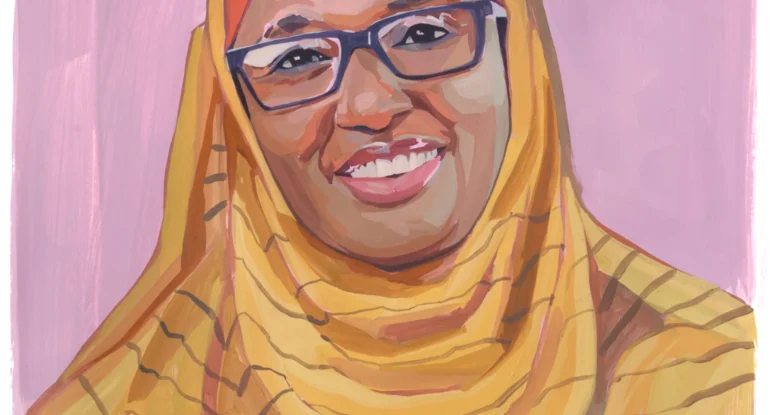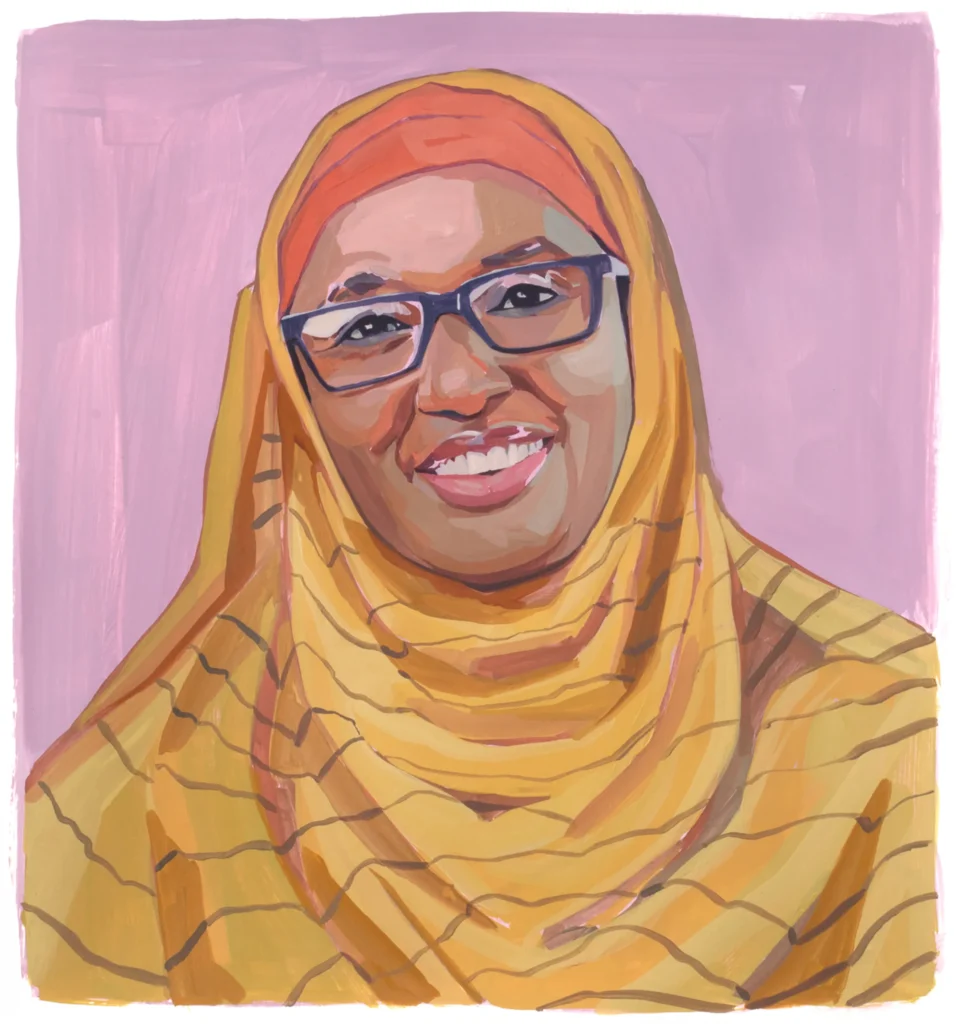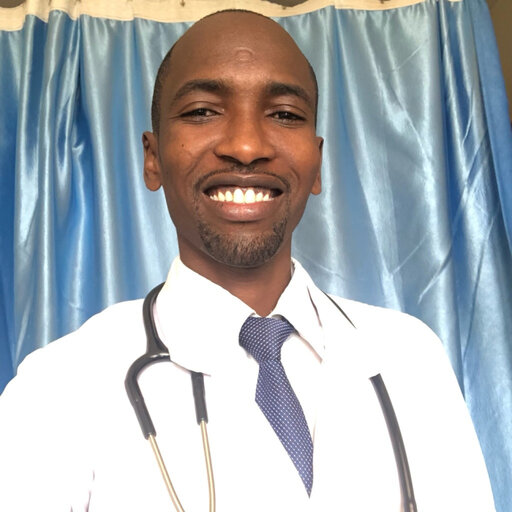SOTA Care Awards
- Home
- SOTA Care Awards

May 16 2024
SOTA Care Awards

This award will motivate Dr Hadiza to do more impactful work in obstetric, it will make her know that her work is valued, It will increase awareness about the critical issues in obstetric care The award will also amplify her voice and influence in obstetric care and maternal health services.
Prof. Hadiza Shehu Galadanci
Prof Hadiza Galadanci is a Professor of Obstetrics and Gynecology in the College of Health Sciences, Bayero University Kano, Nigeria and the Director of Africa Center of Excellence for Population Health and Policy. Her innovations in obstetric care can save the lives of thousands of women who die from severe bleeding after child birth. She led a study called E-MOTIVE, where they designed a simple, low-cost way to identify when blood loss is dangerously excessive: a drape that looks like a V-shaped plastic bag. When this calibrated obstetric drape is hung at the edge of the bed, collected blood rises like mercury in a thermometer. And in a busy hospital ward, that visual gauge tells providers which patients are in danger in just a single glance. When PPH is identified, doctors, nurses, and midwives have long relied on a series of five treatments to stop the bleeding: uterine massage, oxytocic drugs, tranexamic acid, IV fluids, and genital-tract examination. But those interventions were being delivered sequentially—and far too slowly. So the researchers asked providers to bundle the interventions, administering all five at once. The results were dramatic: In a trial of 200,000 women, providers who used drapes and followed the updated E-MOTIVE guidelines were able to decrease cases of severe bleeding by a remarkable 60 percent.
Dr. Sengua Koipapi
Dr. Sengua has had an incredible journey becoming a general surgeon and now neurosurgery resident in Tanzania, and wholly dedicated to serving those with no access to safe, timely surgical care. Coming from the pastoralist Maasai tribe, he is the first of his family to have completed university and medical school. He has used his surgical education to provide healthcare for his community, which is one of the most underserved in Tanzania. With his experience of lack of healthcare at home, he has planned fundraising to build a small health dispensary in the remote Maasai region where he originated. In addition to serving his remote community, he has dedicated himself to serving greater northern Tanzania for surgical care through his training at KCMC. After completing general surgery, Dr. Sengua entered neurosurgery residency – his passion –as he has seen the importance of surgical specialties and their vastly insufficient presence across Tanzania currently. With the sheer volume of neurotrauma locally from accidents, he has seen the lack of access to neurosurgical care and chosen to pursue neurosurgery in Dar-es-Salaam with the plan to return to the underserved community in northern Tanzania. He is also a self-taught researcher, with the help of mentors, and has developed a strong track record of publishing – a remarkable feat in a healthcare context that does not have much formal training in research nor yet value publications for career advancement. His unending curiosity has pushed him to contribute to advancing surgical knowledge and contribute to the field in Tanzania and beyond. Not only is he remarkably driven and passionate about care for underserved communities, Dr. Sengua constantly seeks out new challenges and collaborations constantly. He remains humble and compassionate towards his community and patients, and more than deserving of recognition for all his hard work advancing surgery.

As a young surgeon and neurosurgeon-in-training, Dr. Sengua has had to seek for support to pay for education and surgical training at every step of the way, as these are self-funded pathways in Tanzania. There is little recognition of dedication to SOTA care for underserved communities in Maasai and northern Tanzanian regions, and obtaining support such as scholarships is difficult locally for career advancement. Receiving this award would boost not only his career and recognition in-country, but would open new opportunities for him to pursue funding for residency and his surgical research projects. Raising awareness of Dr. Sengua’s work for his community and surgical care in Tanzania would also allow him to continue advocating for SOTA care with his hospital, community, and government. Major international recognition by the G4 Alliance will provide him with new avenues for SOTA discussion with Tanzanian leaders and support for his work.
Headquarters
-
1050 Connecticut Ave NW Suite 500
Washington, DC 20036 USA
Connect With Us
- contact@theg4alliance.org

Leave A Comment